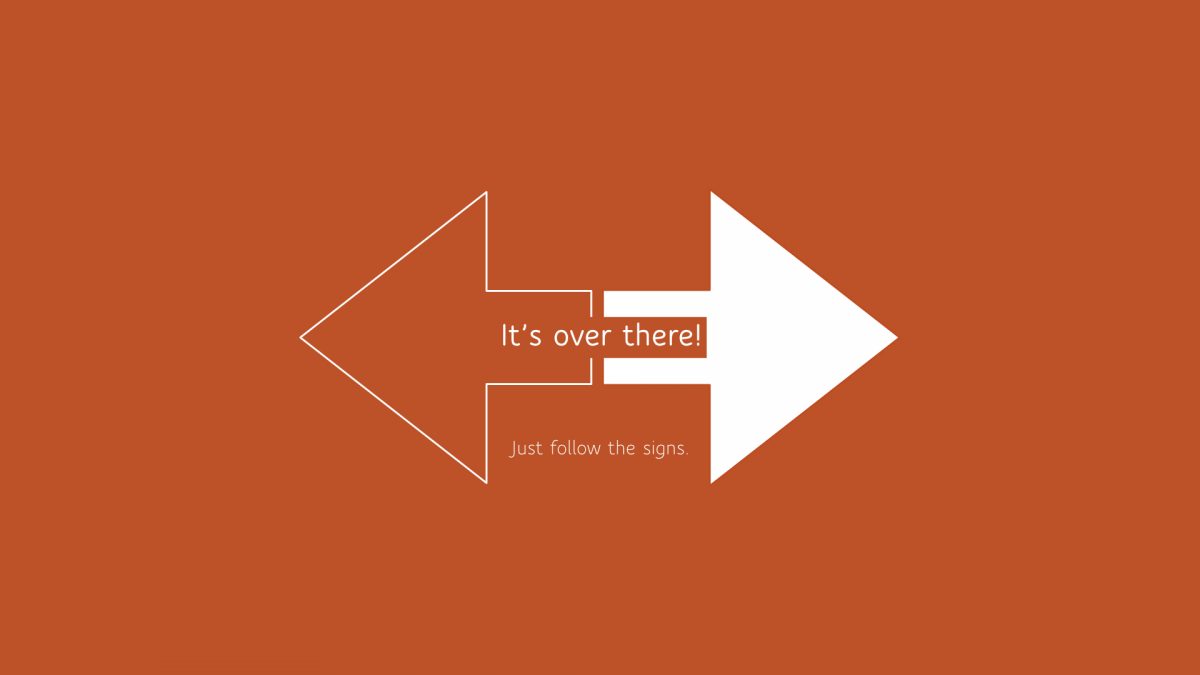- Visitor:41
- Published on:
The Case Against the Sexual Revolution: A New Guide to Sex in the 21st Century
The technology shock of the Pill led sexualliberals to the hubristic assumption that our society could beuniquely free from the oppression of sexual norms and couldfunction just fine. The last sixty years have proved that assumptionto be wrong. We need to re-erect the social guard rails that have beentorn down. And, in order to do that, we have to start by stating theobvious. Sex must be taken seriously. Men and women are different.

- The following piece is taken from the ending chapter- Conclusion: Listen to YourMother- of the book “The Case Against the Sexual Revolution: A New Guide to Sex in the 21st Century”, a book by journalist Louise Perry, published by Polity
I’m treading a fine line in this book. On the one hand, I’m arguingagainst a naive kind of ‘choice feminism’ that fails to acknowledgethe subtle and not so subtle incentive structures that influenceindividual decision making. On the other hand, I’m trying toencourage readers to make particular choices, fully in the knowledgethat your agency is heavily constrained. In other words, I’m tellingyou that your options are limited but that you do still have them.‘There are ways out,’ as the poet Charles Bukowski puts it, ‘there islight somewhere, it may not be much light, but it beats the darkness.’
So I’ve tried to offer chinks of light. Because I truly believe not onlythat there is scope for individuals to behave differently, but also thatthese individual actions can scale to something more significant.Things can change very quickly when people realise that there areothers who secretly feel the same way as they do.
My friend the writer Katherine Dee has been predicting a change forsome time. ‘I believe the pendulum with sexuality is going to swing,big time,’ she wrote last year. ‘We’re diving headlong into somethingthat’s been simmering in the background since 2013–2014 … The potis about to boil over.’ Katherine is one of those people who has atalent for noticing changes in the cultural winds, and she observesmore and more signs of a coming reaction against the excesses of thesexual liberation narrative, particularly from Gen Z women who haveexperienced the worst of it.1
I think Katherine is right on this. And while I wrote this book in thehope that it would be read by men and women of all ages, my dearestwish is that it will be read by young women in particular – the groupwho have been utterly failed by liberal feminism and who have themost to gain from a swing back against its excesses.
So while there is advice within these pages that could be helpful toany reader, it is worth repeating here the points that are mostrelevant to these particular young women. This is the same advice Iwould offer my own daughter:
- Distrust any person or ideology that puts pressure on you toignore your moral intuition.
- Chivalry is actually a good thing. We all have to control oursexual desires, and men particularly so, given their greaterphysical strength and average higher sex drives.
- Sometimes (though not always) you can readily spot sexuallyaggressive men. There are a handful of personality traits that are common to them: impulsivity, promiscuity, hyper-masculinityand disagreeableness. These traits in combination should putyou on your guard.
- A man who is aroused by violence is a man to steer well clear of,whether or not he uses the vocabulary of BDSM to excuse hisbehaviour. If he can maintain an erection while beating awoman, he isn’t safe to be alone with.
- Consent workshops are mostly useless. The best way of reducingthe incidence of rape is by reducing the opportunities for would-be rapists to offend. This can be done either by keepingconvicted rapists in prison or by limiting their access to potentialvictims.
- The category of people most likely to become victims of thesemen are young women aged about thirteen to twenty-five. Allgirls and women, but particularly those in this age category,should avoid being alone with men they don’t know or men whogive them the creeps. Gut instinct is not to be ignored: it’susually triggered by a red flag that’s well worth noticing.
- Get drunk or high in private and with female friends rather thanin public or in mixed company.
- Don’t use dating apps. Mutual friends can vet histories andpunish bad behaviour. Dating apps can’t.
- Holding off on having sex with a new boyfriend for at least a fewmonths is a good way of discovering whether or not he’s seriousabout you or just looking for a hook-up.
- Only have sex with a man if you think he would make a goodfather to your children – not because you necessarily intend tohave children with him, but because this is a good rule of thumbin deciding whether or not he’s worthy of your trust.
- Monogamous marriage is by far the most stable and reliablefoundation on which to build a family.
I wrote in the first chapter that none of my advice would be ground-breaking, and I stand by that. This is all informed by peer-reviewed research, but it shouldn’t have to be, since this is pretty much what most mothers would tell their daughters, if only they were willing to listen.
If we are to challenge the social costs of the sexual revolutioneffectively, then we can’t redesign society on the back of an envelope. We have to look at social structures that have already proven to besuccessful in the past and compare them against one another, ratherthan against some imagined alternative that has never existed and isnever likely to exist. The technology shock of the Pill led sexualliberals to the hubristic assumption that our society could beuniquely free from the oppression of sexual norms and couldfunction just fine. The last sixty years have proved that assumptionto be wrong. We need to re-erect the social guard rails that have beentorn down. And, in order to do that, we have to start by stating theobvious. Sex must be taken seriously. Men and women are different.
Some desires are bad. Consent is not enough. Violence is not love.Loveless sex is not empowering. People are not products. Marriage isgood.
And, above all, listen to your mother. In 2021, a TikTok video by ayoung American woman called Abby went viral online. In the video,Abby tells the camera:
I, like many other college students, am someone who isentangled in hook-up culture, and often hook-up culture makesit difficult for me to determine whether or not what I’m doing isgood for me and kind to myself. Very often as women we are ledastray from what we actually deserve. So here’s what I’ve beendoing lately …
She pulls up on screen a series of childhood photos of herself andexplains that the men she’s hooked up with in the past have oftenmade her feel as though she’s undeserving, not only of love but alsoof basic respect. So she’s trying to remind herself of her worth as aperson by playing the role of mother to her inner child. ‘Am I OKwith that for her?’, she asks tearfully, gesturing at her younger self inthe photo. ‘Would I let her be a late-night, drunk second option?Would I let this happen to her?’ She shakes her head, weeping: ‘Froma third person, caretaker point of view, I would never let any of thisstuff happen to her.’
Abby is trying to mother herself, though she isn’t quite sure how todo it. And the thousands of young women in her replies are trying todo the same (‘I’m sobbing’; ‘irlly needed this, thank you’; ‘this justchanged my life’). They’ve been denied the guidance of mothers, notbecause their actual mothers are unwilling to offer it but because of amatricidal impulse in liberal feminism that cuts young women offfrom the ‘problematic’ older generation. This means not only thatthey are cut off from the voices of experience, but – moreimportantly – they are also cut off from the person who loves themmost in the world. Feminism needs to rediscover the mother, inevery sense.
Until we do, each individual woman will have to learn on her own thelie of the promise of sexual liberation – the lie that tells us, as AndreaDworkin phrased it, that ‘fucking per se is freedom per se.’ It was alie all along. It’s time, at last, to say so.
Bibliography:
Book Name: The Case Against the Sexual Revolution: A New Guide to Sex in the 21st Century
Author Name: Louise Perry
Center for Indic Studies is now on Telegram. For regular updates on Indic Varta, Indic Talks and Indic Courses at CIS, please subscribe to our telegram channel !
- 20 min read
- 0
- 0










